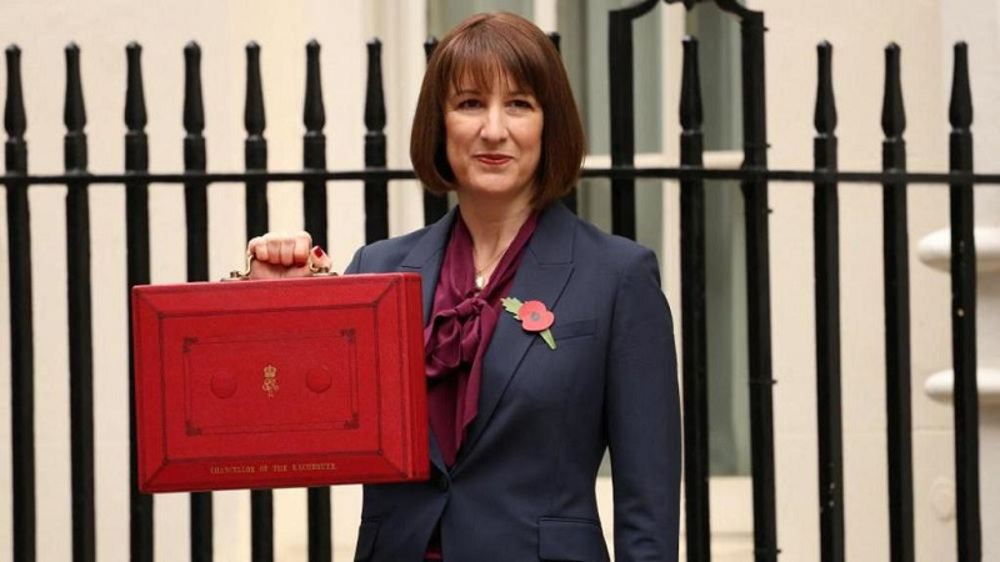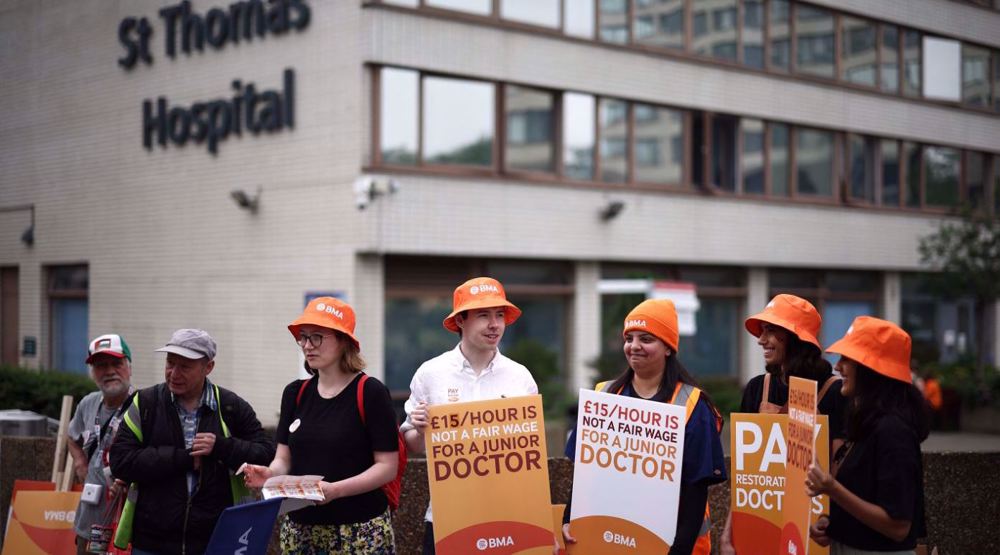Brexit to lower UK real wages by 2018: Report
The UK’s vote to leave the European Union (EU) in June will reduce the pay of lower-income British workers even if the supply of foreign labor is reduced by major cuts to immigration, according to a new report.
While the Brexit vote had no overall impact on British wages, lower-paid jobs like sales, security and cleaning saw a drag on pay, the Resolution Foundation, a London-based think tank, said on Tuesday.
Resolution estimates that the salaries of British workers in the industries most affected by immigration would drop by 2 percent by 2018.
“Those expecting a wage boost off the back of a post-Brexit fall in migration are likely to be disappointed,” Stephen Clarke, a policy analyst at the Resolution Foundation, said in a statement. “Any such gains will be dwarfed by the losses caused by the post-referendum slowdown in the economy.”
“While it is wrong to say that migration has had no effect on specific groups of natives' wages and employment, this effect has generally been small,” the report found.
The report also warned the government that any substantial decrease in the number of unskilled workers coming to the UK could prove disastrous to industries with a high proportion of workers from the EU, such as food manufacturing and domestic services.
This is in contrast to what “Leave” campaigners had argued in advance of the Brexit referendum, claiming that low-paid workers would benefit if immigration figures were decreased.
Citizens of EU countries have the right to travel, live and work within other countries in the bloc. Campaigners for leaving the EU said that European immigration had negative impacts on the UK's economy.
Nearly 52 percent of British voters opted to leave the EU in a referendum on June 23, in hopes of taking back control over their borders and having more economic freedom.
Moreover, many experts are predicting that UK inflation will soar toward, or even pass, the official target of 2 percent by early next year thanks to the Brexit vote.
Far-right Israeli minister calls for occupying Gaza, halving population
Iran's rise in new world order promotes active role in world affairs: Economy minister
Two civilians injured in Israeli strike on Syria border crossing
VIDEO | Germany's pro-Israel policy
VIDEO | Press TV's news headlines
VIDEO | Jordan’s Islamic Action Front Party launches ‘warmth for Gaza’ campaign
VIDEO | Hezbollah standing strong
VIDEO | Gazans enduring freezing cold for 2nd consecutive year










 This makes it easy to access the Press TV website
This makes it easy to access the Press TV website